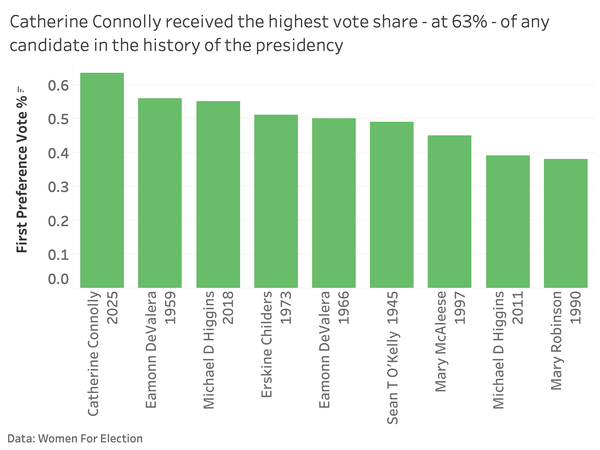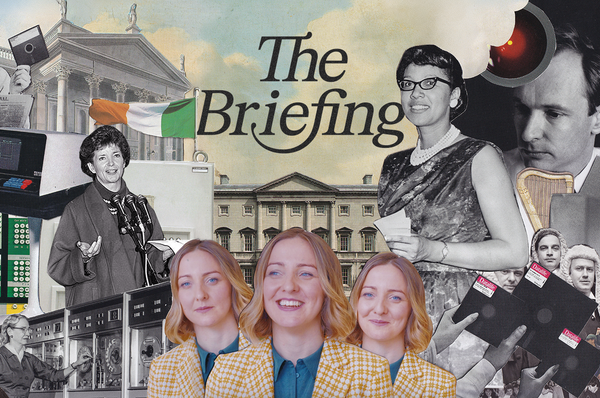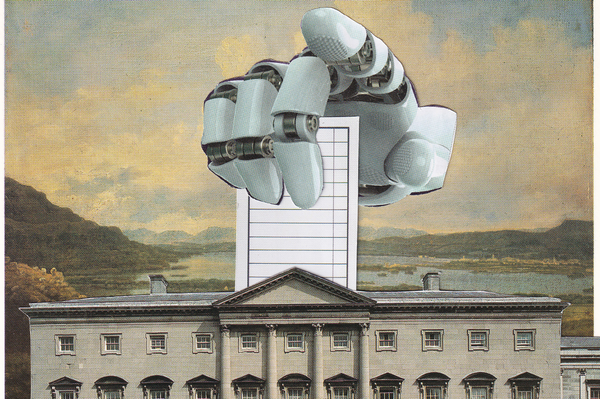Our first American-style election?
Our politics is a techno-coloured pick-and-mix, this election is a Soviet department store

Yesterday's presidential race radio debate was fractious. Ivan Yates is calling for a smear campaign.
Are we set for an American-style race-to-the-bottom attack-fest of an election?
I think that we are, and I think Irish voters are going to stay home.
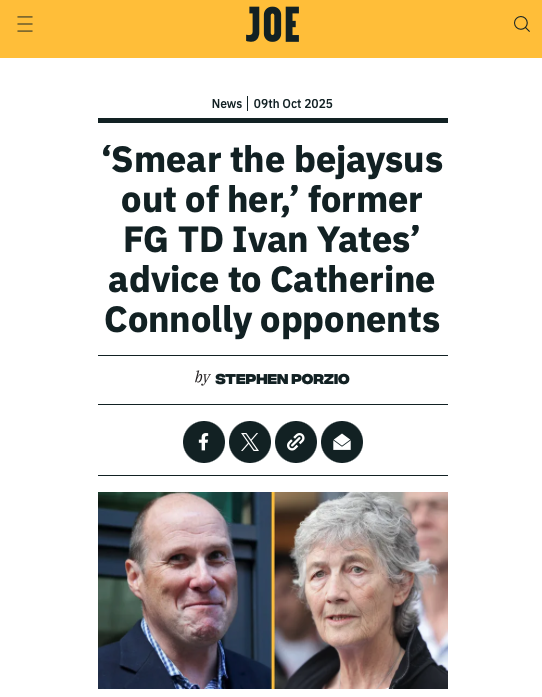
We've accidentally ended up with a first-past-the-post election, something no-one here is used to.
Transfers just went out the window
Our elections usually come down to transfers from other candidates, and this impacts how campaigns are run. There is no benefit from outraging supporters of a rival by denigrating their chosen candidate, because you will just push them to vote for your other rival(s). You need to appeal to as wide a base as possible.
Remove any prospect of transfers, and the world is suddenly zero sum; every vote lost for her is a win for you. The gloves can come off.
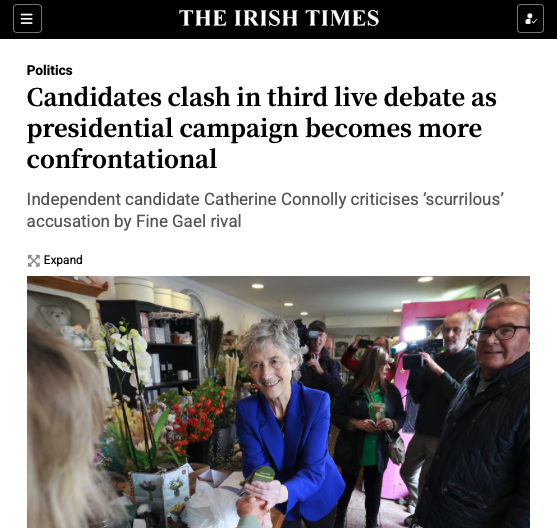
What do you mean I have to compromise?
As voters, we also aren't used to limited choice. There are 10 official political parties in the Dail plus the 1 in 10 TDs who are in no party at all. We each have 3 to 5 TDs; we are used to being able to find our niche on the ballot paper.
You're a leftie but you're not really mad on carbon taxes? You're fiscally conservative but are allergic to anti-immigrant stuff? You're pro-reunification but also a bit right-wing? You only care about redress for building defects in your county? Whoever you are, the ballot will likely have a choice for you.
That is why we can have a Labour and a Soc Dem and a People Before Profit and a Green Party on the left, in addition to Sinn Fein; the system allows for each to have and maintain its own identity, following and voter base.
(Also bear in mind that the people who say that the left parties are all the same are the same people arguing that Fianna Fail and Fine Gael are totally different. And vice versa.)
As voters we often get to go to the polls for someone or something that quite closely aligns with what we want. Hard choices - to forgive and forget, to hold our noses, to compromise - can be either avoided altogether or left to our 2nd, 3rd or 4th choice candidate.
Not this time.
Our politics is used to techno-coloured pick-and-mix, and this election is a soviet department store.
Our politics is the infinitely personalisable TikTok, this election is RTE television.
Actually it is even worse; this might end up being an American style attack-laden zero sum campaign.
Will voters just opt out of making a decision?
Add these things together - candidates incentivised to go on the attack, voters underwhelmed by suddenly limited choice - and I predict that voters will decide they're going to opt out of making a choice at all.
A politics that never really forces us to compromise or to make a binary choice might have given us a highly representative parliament and a system of government (ionically enough) based on compromise and coalition, but it has us ill-equipped for the next few weeks.
Unless something drastic happens I think we will see turnout well under 40%.
Good content
Journalism works: update on Microsoft & the IDF
Some good news first - The Guardian have a follow up on their story about the use of Irish and Dutch data centres by the Israeli military's surveillance (and targeting) of Palestinians (which we covered).
Microsoft have now blocked this.

More rumblings about our new DPC in Politico
Politico yesterday had an exclusive story about the disquiet growing around Ireland's decision to appoint a former Meta lobbyist as our Data Protection Commissioner - they got their hands on complaints made by another candidate about the inclusion in the panel of a "Big Tech lawyer".
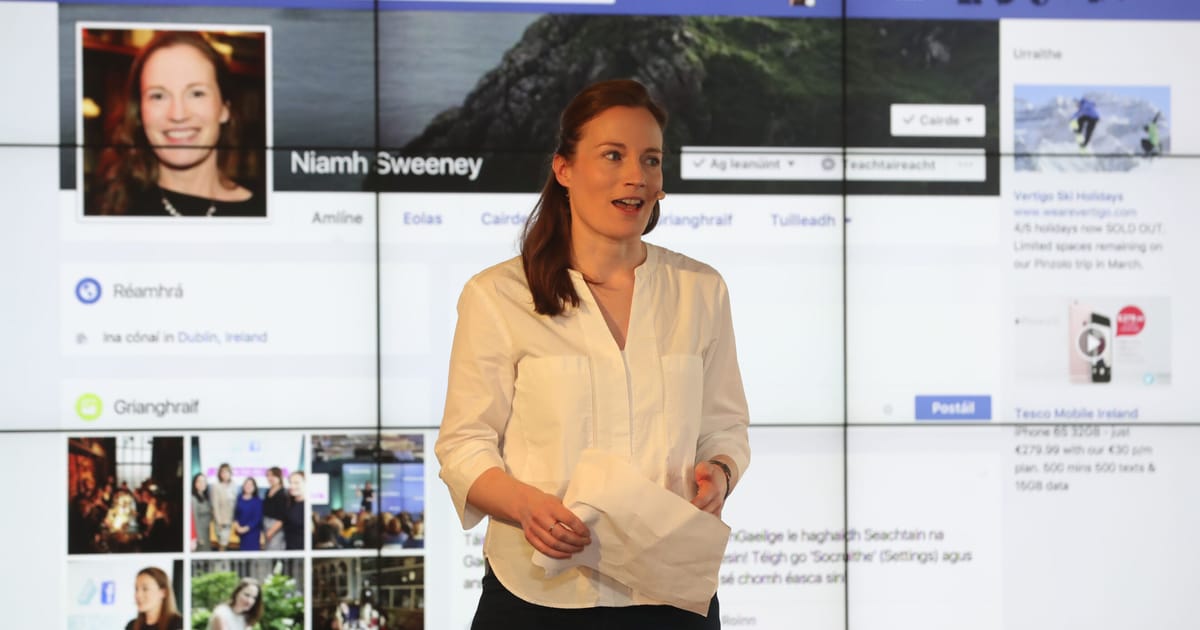
I try to make people care about the ad & archive bans
I had a bit in The Irish Times on Tuesday about the political ad bans, which I tried to make people care about by positioning it as a story about Jim Gavin's exit from the race.

I also talked about this with Elaine & Kelly on the For Tech's Sake podcast this week.
PS
Did you know that you can support The Briefing with a one-off contribution to help cover hosting costs?





